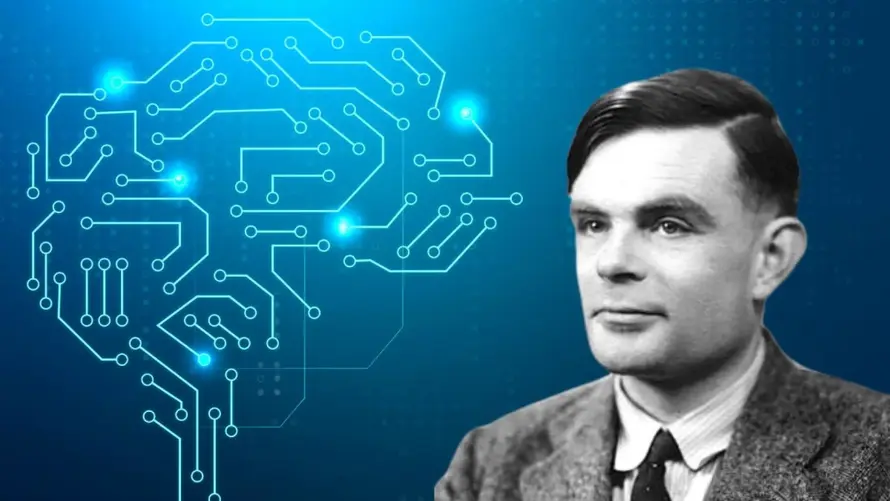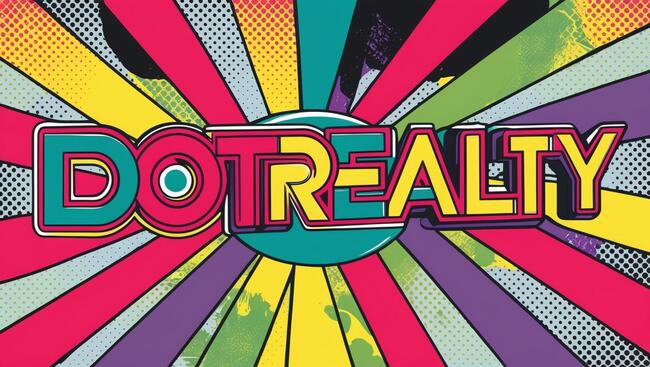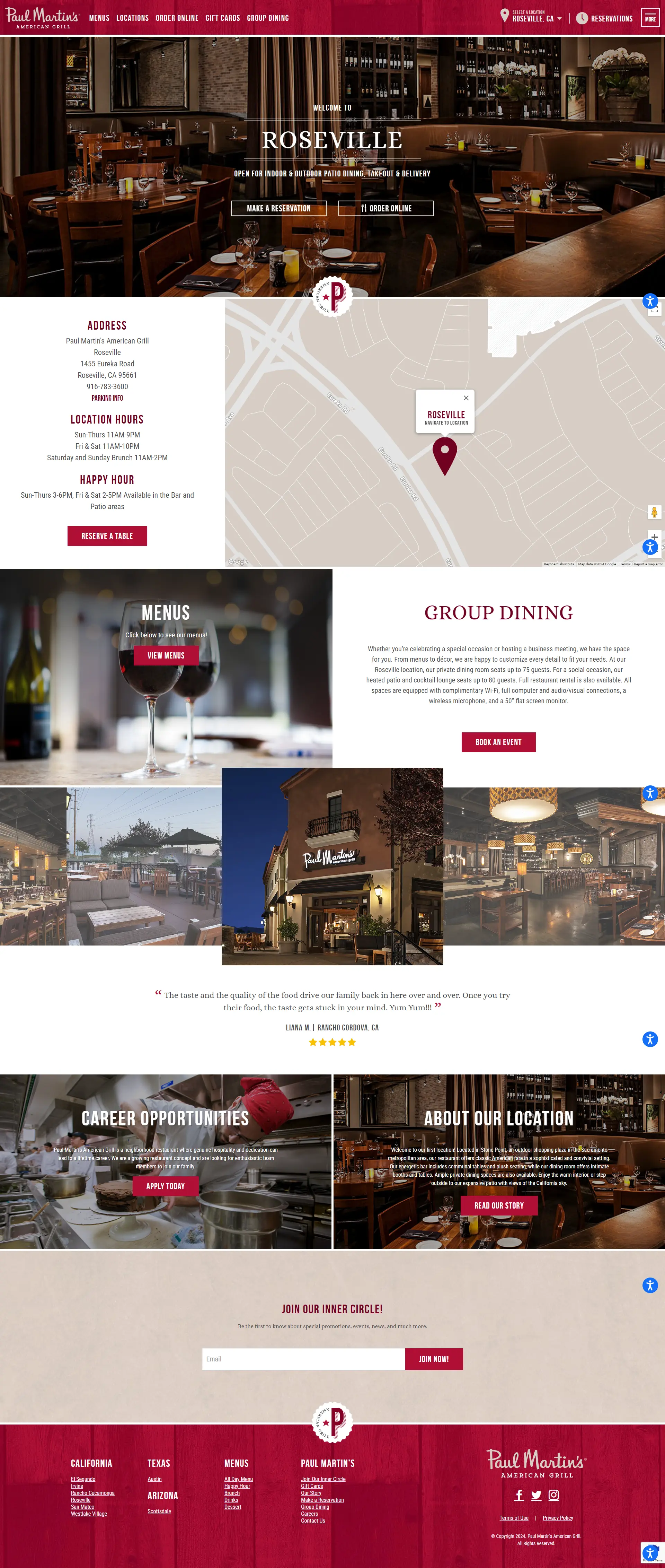Despite its age, the Turing Test still sparks debate about whether machines can truly think and the ethical implications of today’s advanced AI.
Alan Turing, the father of computer science, proposed a deceptively simple test in 1950: if a machine could converse so convincingly that a human couldn’t distinguish it from another human, then it could be said to be “thinking”. This became known as the Turing Test, and it has captivated and challenged the field of AI ever since.
But in today’s world, where AI writes poems, generates art, and even diagnoses medical conditions, is the Turing Test still a relevant benchmark? Some argue it’s outdated, focusing solely on human mimicry rather than true intelligence. After all, a machine could pass the test by cleverly exploiting language patterns without genuinely understanding the conversation.
However, the Turing Test still holds value. It highlights the importance of natural language processing, a crucial aspect of human-computer interaction. As AI systems become increasingly integrated into our lives, their ability to communicate effectively and understand our nuances becomes paramount.
Moreover, the Turing Test sparks philosophical debate about the nature of consciousness and what it truly means to “think”. Can a machine that convincingly simulates human conversation be considered conscious? These questions, while complex, push us to examine the ethical and societal implications of increasingly sophisticated AI.
So, while the Turing Test might not be the sole measure of AI’s progress, it remains a valuable thought experiment and a reminder of the ongoing quest to create machines that not only mimic but truly understand. Perhaps the real question isn’t whether machines can pass the Turing Test, but rather what kind of future we want to build with them.
In a world where AI is reshaping the digital landscape, stay ahead of the curve. Partner with MNKY.agency and discover how we can help you harness the potential of AI to create innovative and engaging experiences for your audience.
What are your thoughts on the Turing Test and the future of AI? Share your comments below!



















